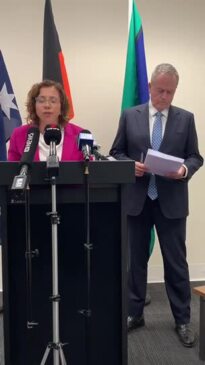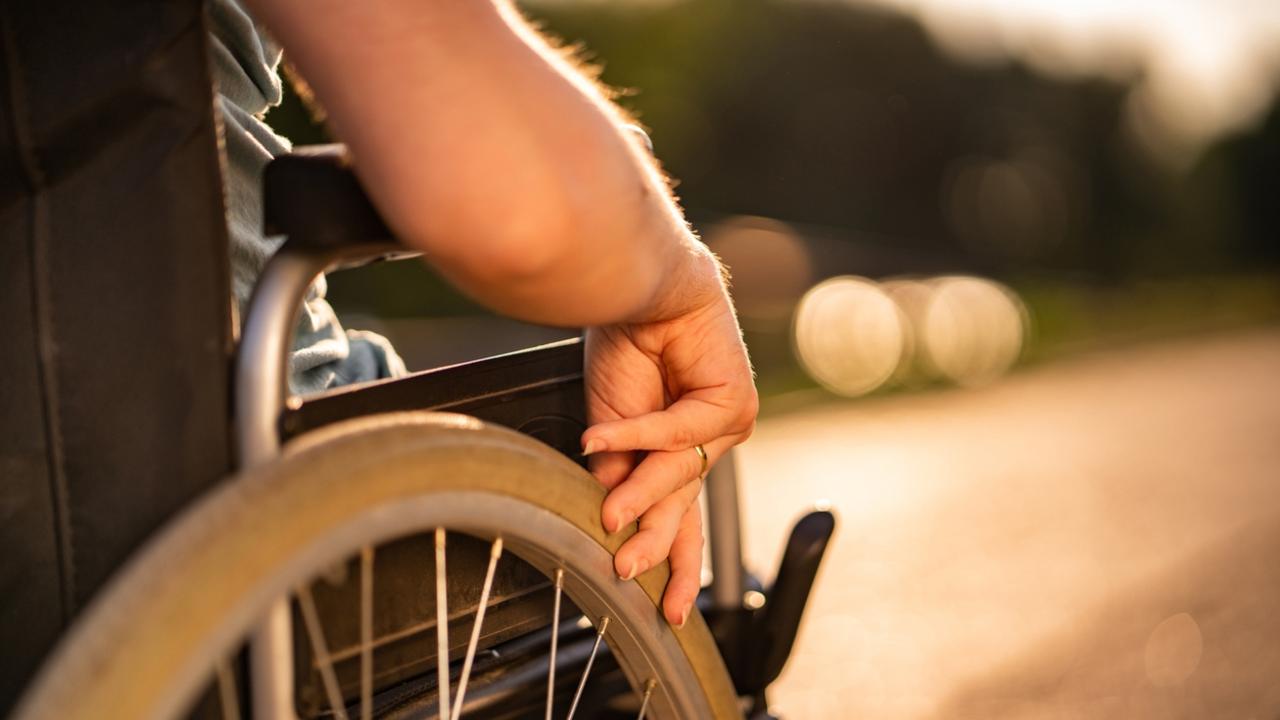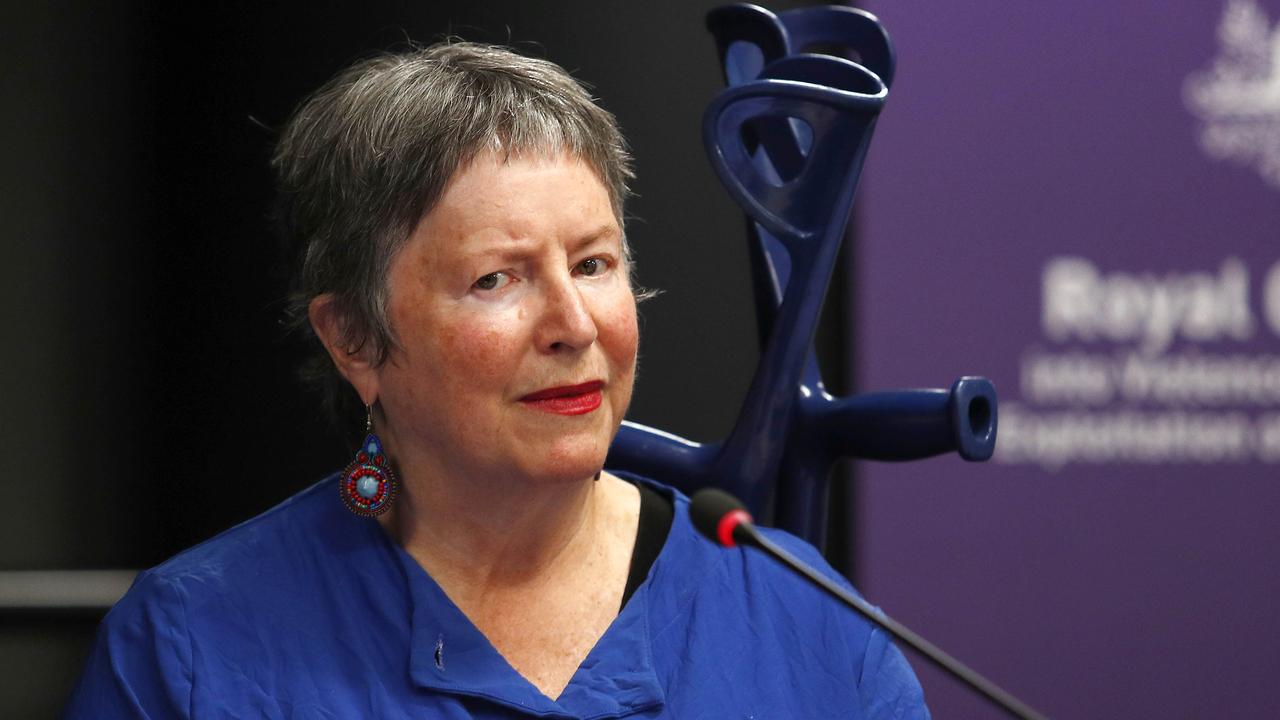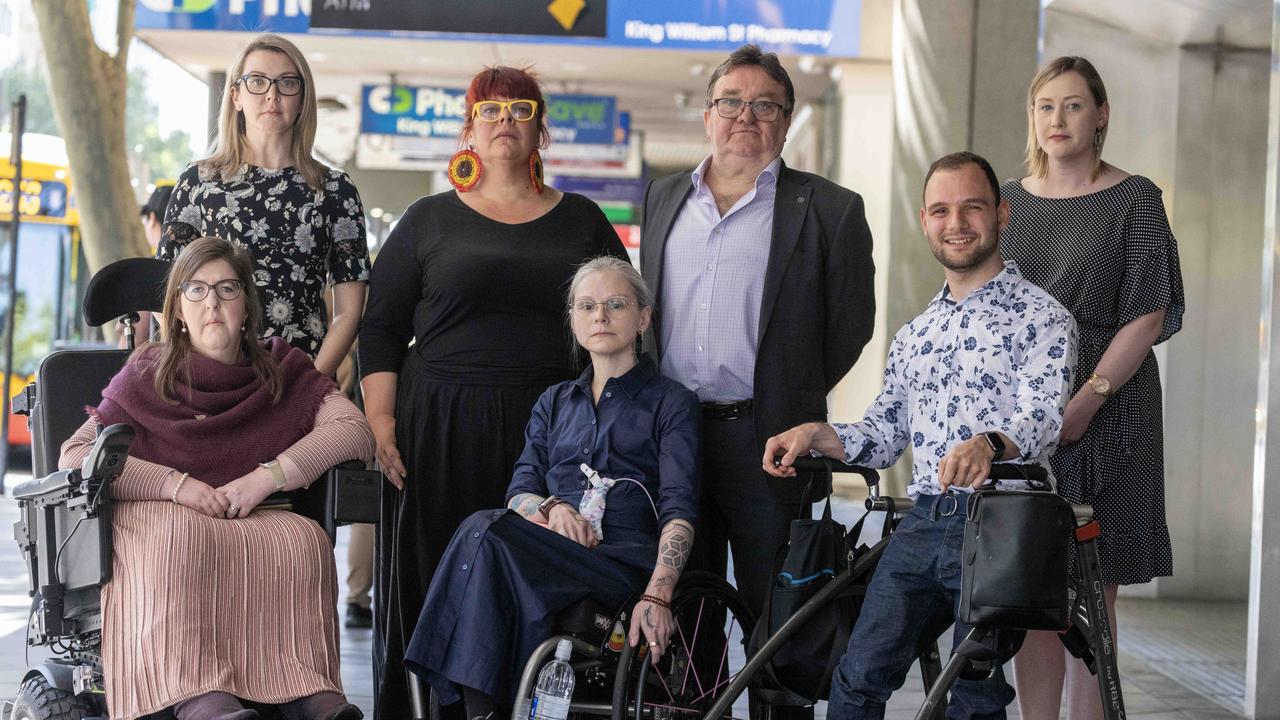‘Haunt me’: Untold story that Australia needs to hear
When Alessandra’s* friend arrived for a coffee with her head shaved, it was just the tip of the iceberg. Warning: Distressing

COMMENT
Warning: The following article contains accounts of abuse and neglect of a person with disability.
When Alessandra’s* friend Lilianna* arrived for a coffee with her head shaved, Alessandra was confused.
“She couldn’t even give me eye contact because she was so ashamed,” Alessandra said. “[Shaving her head] was just an easy way for them to do her hair.”
Alessandra says this wasn’t the worst instance of abuse Lilianna – who, in her early 60s, had cerebral palsy and used a wheelchair – had experienced at the hands of support workers in the group home for people with disability in which she lived.
Lilianna had previously been in a group home where she was sexually assaulted, Alessandra told the Royal Commission into Violence, abuse, Neglect and Exploitation of people with Disability.
After reporting the assault, Lilianna claimed the support worker was simply moved to a different home.

That said, there was something about the indignity of having her head shaved, and the lack of humanity shown by her support workers, that stung like a papercut for Alessandra.
Other horrors created even deeper scars.
On one occasion, Lilianna arrived at a coffee date with a black eye, revealing she’d been punched in the face by one of her support workers.
“I said, ‘[Lilianna], you need to complain about this’,” Alessandra told the Commission.
“But she said ‘oh, they just get frustrated, you know what it’s like,’ … she didn’t want to complain about him because he was one of the ‘good ones’”.
Lilianna’s story – relayed in a private session as part of the recently-finalised Commission – is recorded in one of hundreds of de-identified narratives published in an effort to share the unfiltered stories of people who made submissions to the investigation over the course of the past four years.
Untold stories that need to be heard
Reading the narratives is hard going.
Writing them, says Ursula Cleary, who was employed by the Royal Commission to record people’s experiences for publication, was also disturbing.
“I think Australians would be shocked at how widespread the abuse we heard about truly is,” she says.
“The sheer scale and volume of the abuse of the most vulnerable people is what struck me. It’s in schools, it’s in prisons, in hospitals, in daycare centres, in the justice system. It’s everywhere – and for the most part, these voices are never heard.”

The Royal Commission’s final report, which was published in September 2023, made 222 recommendations based on nearly 10,000 submissions from witnesses, many of whom were people with disability and their family members.
One of these recommendations (from four of the six commissioners overseeing the process) was that group homes be phased out over the next 15 years, citing the significant risk of harm to disabled people living in group homes – something Lilianna’s story backs up in grim detail.
A separate government report released earlier this year also noted thousands of instances of abuse, neglect, sexual assault, injury and even death of people living in group home settings.
“We posited that at its heart, [the issue with group homes] is about segregation,” explains Dr Rhonda Galbally, one of the commissioners who served the Royal Commission.

“It’s about closed systems, and it has more in common with prison,” she continues.
“We had several hearings on group homes, and they were absolutely horrifying. Really, really horrifying, the things that were happening. So while there’s the option of loads of recommendations for the National Quality and Safeguard Commission to upgrade its operation, and certainly loads of recommendations about procedures and culture for disability services that run group homes, at the end of the day, the four commissioners that said ‘phase them out’ – we just don’t think the model works at all.”
Human stories lost amid the numbers
The culmination of the four-year Royal Commission into Violence, abuse, Neglect and Exploitation of people with Disability was not the only landmark moment of reckoning for the sector to occur in 2023. An independent NDIS review handed down its final report last month, making 26 recommendations and outlining 139 ‘supporting actions’ about how changes to the service could improve the system.
The headlines to come out of both investigations have understandably focused heavily on numbers. The NDIS estimated it has lost around $1.4 billion to fraud and error since its inception. The Royal Commission’s ‘10,000 submissions’, while useful in conveying the scale of the investigation, somehow seem to inadvertently minimise the human cost – and courage – involved.

“I often wonder, now that the Commission has wrapped up, what will become of these stories,” reflects Cleary, of the tens of thousands of words of first-person testimony she and her team recorded throughout the process. .
“There has to be some way for us to preserve them, to hold society accountable for the changes we need to see. I think about that often.”
The question of how – and when – change will come still weighs heavy
While the mechanisms of how and when the recommendations made by both the Commission and the NDIS Review will be taken up by the government still remain to be seen, for people like Lilianna, any change is too late.
Just after Christmas a few years ago, Lilianna passed away after suffering complications from a chest infection.
Alessandra says that while the significant instances of abuse and neglect Lilianna suffered are shocking, it is the smaller cruelties that stick in her mind.
“One of [Lilianna’s] greatest sadness, and this will always haunt me … was that she desperately wanted someone to love her. She wanted a pet,” Alessandra explained in her submission.
The group home, she says, wouldn’t allow it – claiming “they didn’t want to clean up after it.”
*Names have been changed





